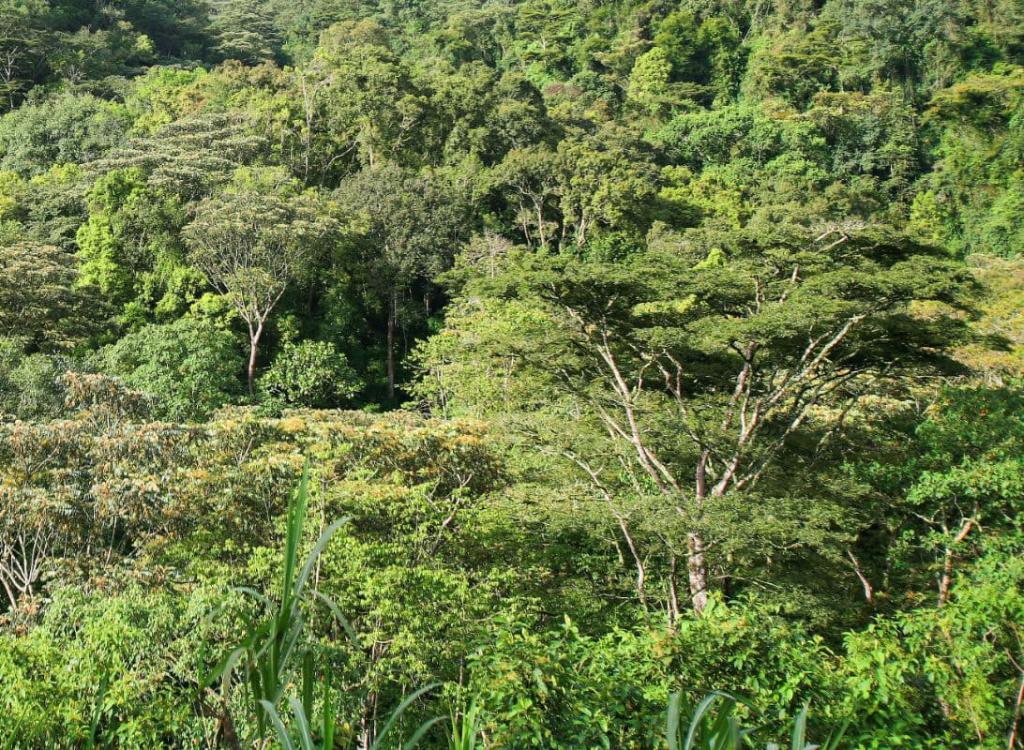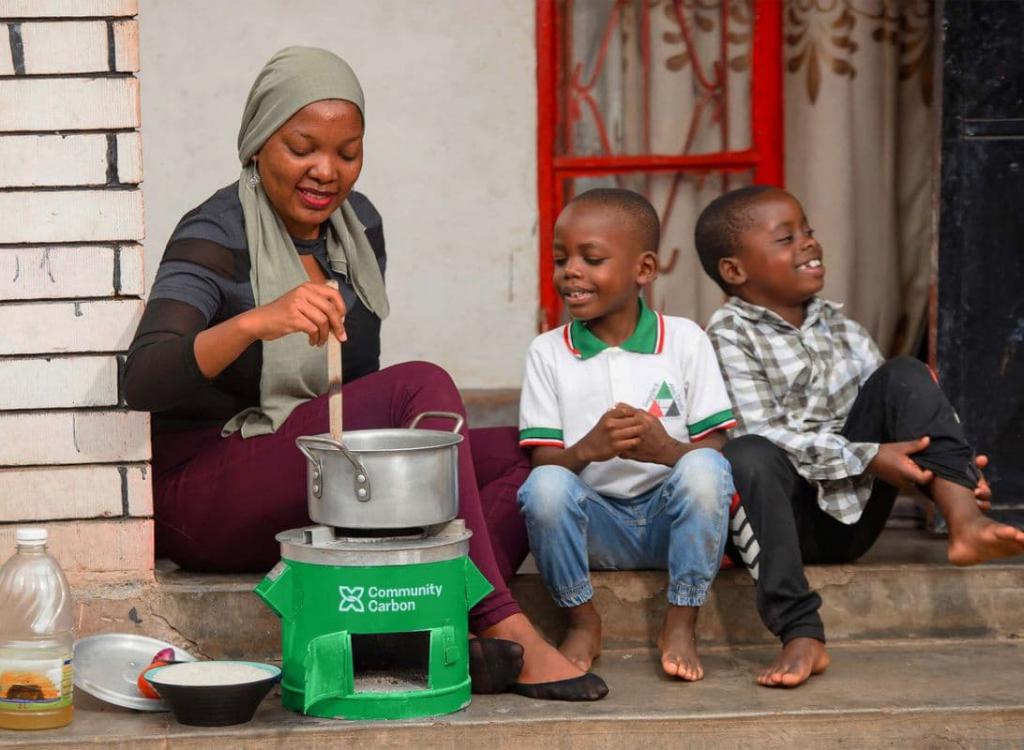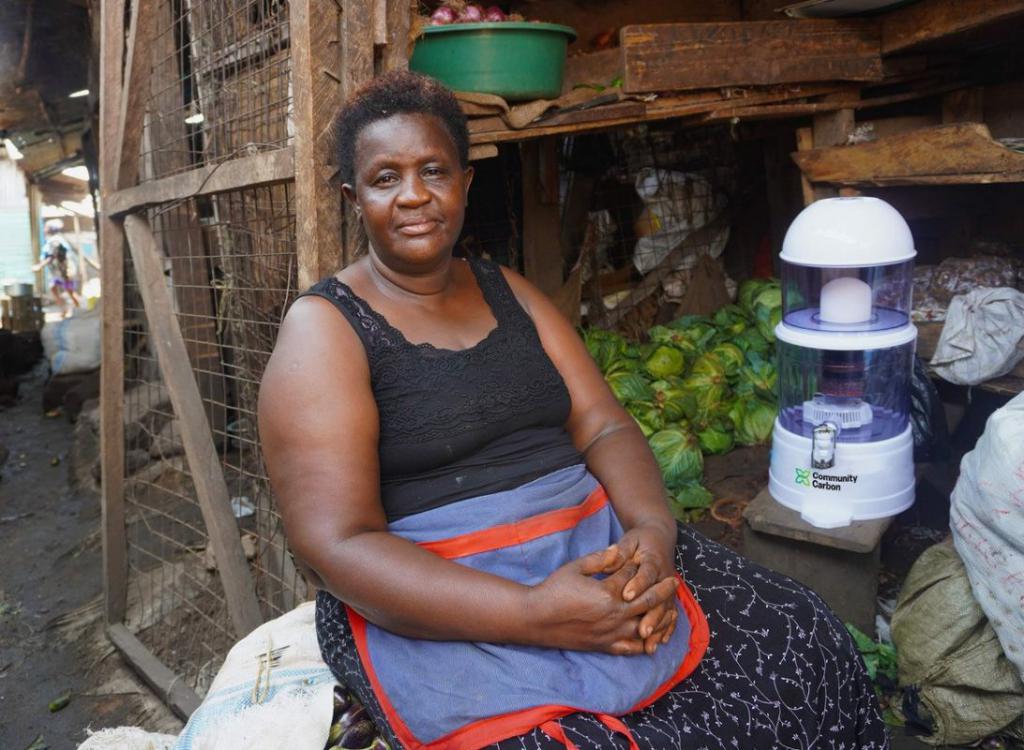Community Carbon
Overview
Community Carbon is focused on bringing fuel-efficient solutions to millions of households in eastern and southern Africa through five projects: delivering cookstoves in Mozambique, Uganda and Tanzania and distributing water purification devices in Malawi and Uganda. The roll out is underway in Uganda, Mozambique, Tanzania and Malawi and is expected to continue over the next two years with the expected delivery of up to 2.1 million fuel-efficient, clean cookstoves and water purification devices. These devices are expected to reduce emissions, improve health outcomes and reduce deforestation and degradation by protecting forests from illegal charcoal and wood harvesting.
Community Carbon was launched in 2022 by UpEnergy Group, which has successfully operated carbon projects for more than a decade. The goal is to collectively reduce up to approximately 30 million tCO2e of emissions over the 15 to 21 year lives of the projects. Annual emission reductions are estimated by Community Carbon to average 2.3 million tCO2e. An equivalent number of carbon credits are expected to be independently verified under the Gold Standard for four of the projects and under the Verified Carbon Standard (VCS) of Verra for the project in Tanzania. Community Carbon has secured a historic letter of authorization from the Government of Tanzania for its Tanzania cookstove project, representing Tanzania’s first-ever carbon credits authorized for corresponding adjustments under Article 6 of the Paris Agreement. Carbon credit generation commenced in 2023, with increasing volumes anticipated as cookstove and water purification units are distributed.
Impact Highlights

Conserving Forests
According to Global Forest Watch, Uganda lost 967,000 hectares of tree cover from 2001 to 2021, equivalent to a 12% decrease in tree cover since 2000 and 438 million tonnes of greenhouse gas emissions. The majority of African households rely on charcoal, wood or other forms of biomass for their cooking needs. It takes between 4 to 6 tonnes of wood to create 1 tonne of charcoal when produced using inefficient technologies and unsustainable resources. The use of fuel-efficient cookstoves and water filtration devices aims to reduce deforestation and forest degradation.

Reducing Energy Poverty
The price of charcoal has tripled in the past decade, putting families and nearby forests under sustained pressure. One cleaner cookstove in an average Ugandan household can save over 3 tCO2e per year and save up to 18-24% of household income. Cleaner cookstoves can also help prevent premature deaths from illnesses attributable to indoor pollution caused by solid cooking fuels. In addition, manufacturing the cookstoves locally will stimulate economic growth and provide direct and indirect employment opportunities.

Supporting Gender Equality
The projects are expected to have a positive impact on women and girls, who are often responsible for household chores, particularly cooking and the fetching of water and related energy sources. In addition, Community Carbon and Carbon Streaming have agreed to jointly fund an impact fund with a portion of their revenue from the carbon credit sales to support additional community programs. Initial initiatives will be dedicated to the education and empowerment of women and girls, who are disproportionately impacted by climate change.
Carbon Credits
The Community Carbon projects are expected to generate up to 30 million total carbon credits over the 15-year to 21-year project lives. A portion of the revenue from the sale of the carbon credits will flow back to Community Carbon (the project partner), the project and the local communities.
Key Attributes
Project Type
Avoidance / Reduction
Project Category
Household / Community Devices
Standard Body
Number of UN SDGs
9
Project Partner

Community Carbon develops energy-saving solutions in southern and eastern Africa that avoid emissions, improve community outcomes and preserve local environments. Their approach goes further, stimulating additional social and economic benefits by focusing on local manufacturing, reinvesting project revenue to build and deploy more devices in the community, supporting local tree-planting programs and supporting the education and empowerment of women and girls. Community Carbon aims to combat energy poverty by tapping into carbon markets and the global community’s drive to reduce emissions.